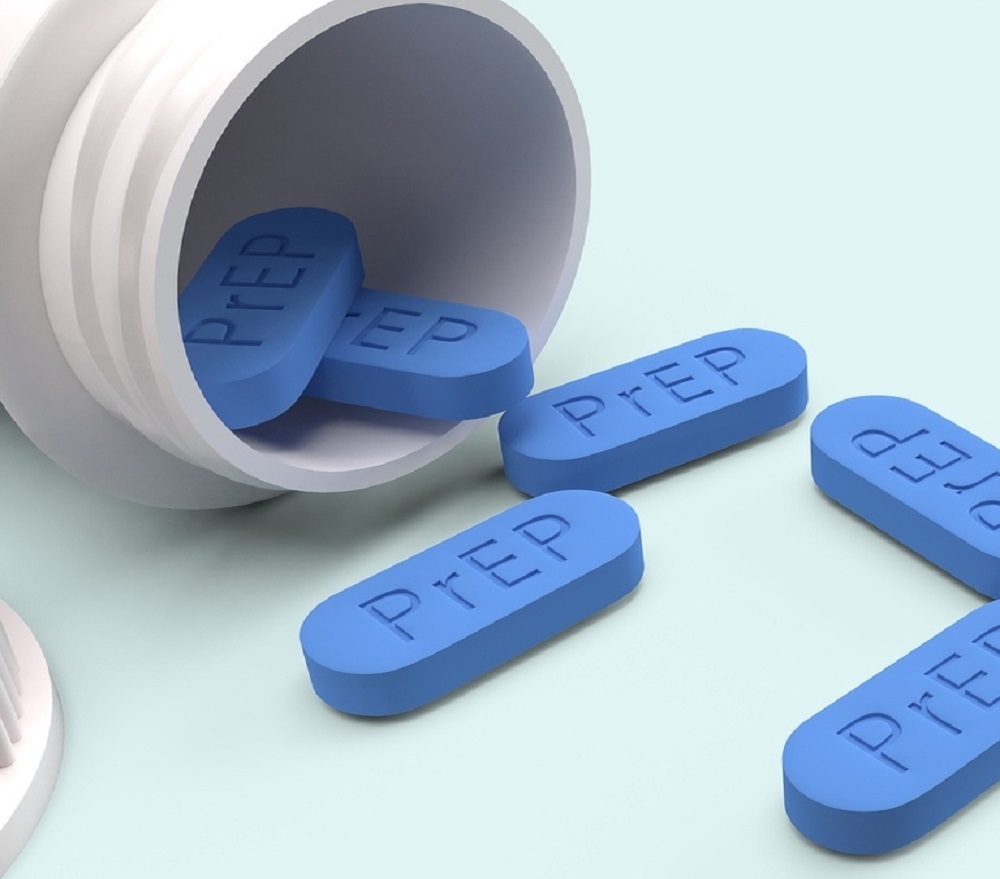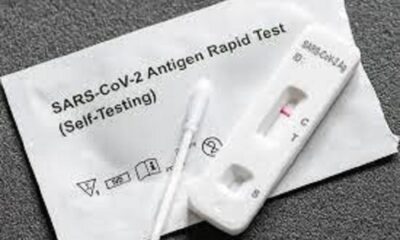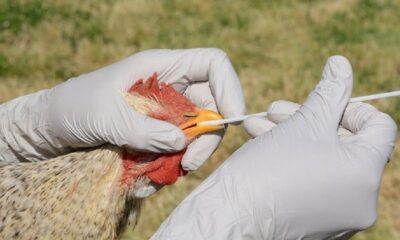Health
HIV/AIDS no longer a death sentence; Drugs help and Proactivity best for sexually active Men

Caribbean News
CARPHA Supports Antigua and Barbuda in Building Capacity for upcoming Mass Gathering Events
Health
Ministry of Health and Human Services Conducts Emergency Vehicle Operators Course for Emergency Medical Services Personnel
Health
Dengue cases rising in Region
-

 News1 week ago
News1 week agoDR man rented Jet Ski nine days ago in Providenciales; where is he now?
-

 Health1 week ago
Health1 week agoDengue cases rising in Region
-

 TCI News4 days ago
TCI News4 days agoExperience Turks and Caicos and Ministry of Tourism explore development of Cruise industry at Seatrade Global Cruise Conference
-

 Caribbean News1 week ago
Caribbean News1 week agoCARICOM pushes need for Reparations Tribunal at Forum in Geneva
-

 Education1 week ago
Education1 week agoCampus Brawl at Clement Howell High sends students to Hospital
-

 Caribbean News1 week ago
Caribbean News1 week agoCARICOM, UN applauds published decree establishing Haiti’s Transitional Government
-

 Caribbean News1 week ago
Caribbean News1 week agoCARICOM sends warning as Oil prices creep higher in the Israel v Iran conflict; 14 regional states import energy
-

 News1 week ago
News1 week agoAshley’s Learning Center Wraps Up Successful 7th Annual Autism Awareness Concert: “The Future is Bright”






















